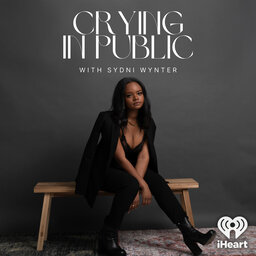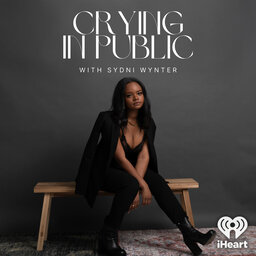Taking The First Step, Part 2: Cultivating Your Network and Navigating the Process
In this week's episode, we explore the necessary steps in the journey towards improving your mental health. From recognizing the signs indicating a need for change, to overcoming barriers like stigma and fear, we delve into the journey of bettering yourself. Our discussion encompasses various paths to better mental health, including therapy, nutrition, exercise, and mindfulness practices. Join to hear practical tips, resources, and encouragement to embark on your own journey towards the greatest YOU!
Stay up to date on the show!
Instagram: Crying in Public | Sydni
TikTok: Crying in Public | Sydni
In 1 playlist(s)
Crying In Public
Welcome to Crying in Public, just another weekly podcast hosted by two 20-something, college women l…Social links
Follow podcast
Recent clips

Shifting Focus: Decentering Men, Recentering You
40:04

Taking The First Step, Part 1: Therapy, Health, and Redefining Healing
20:26

Allow Me To Reintroduce Myself...
40:16
 Crying In Public
Crying In Public